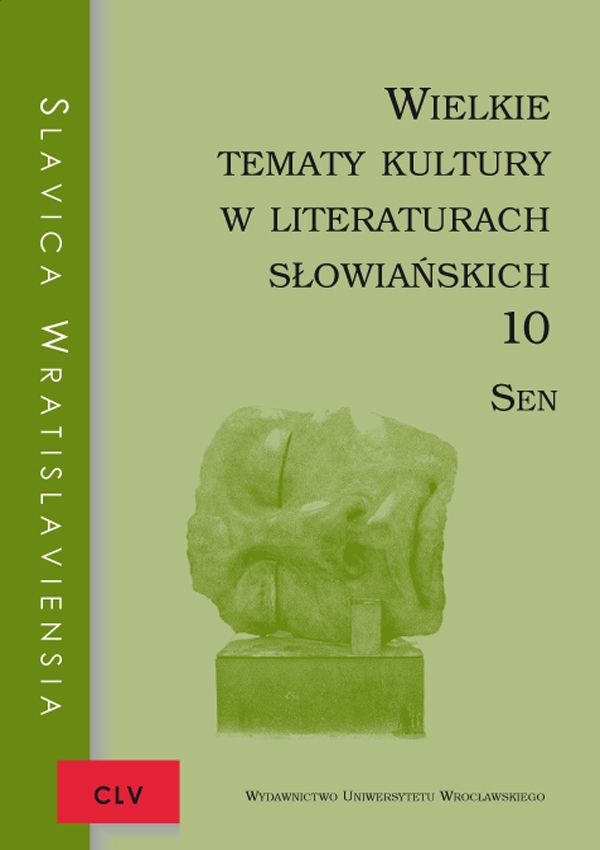

Articles

Oneiric space of the Russian Romanticism
The paper deals with the oneiric space of the Russian Romanticism viewed as a dynamic creative system of verbal culture crucial for the first three decades of the nineteenth century. In an attempt to identify the reasons for its expansion in the European culture caused by emergence of new psychological and philosophical concepts, strengthening of its essential creative functions, the author tries to trace these developments in the poetry and prose of the Russian Romanticism. Invoking the poetry of such founders of Romanticism as V. Zhukovsky and K.G. Batiushkov makes it possible to appraise the anthropological potential of their poetic dreams, when “the soul spreads,” and the dream turns into a source of creative visions. Poetic works of E. Baratynsky and M. Lermontov reveal new organisation of oneiric space, where vague, terrible dreams give rise to a concept of sleep-death. The atmosphere of timeless epochal twilight of the 1830s tracks the space of sleep to the image of the road of life and defines the existential implications of dreams. The prose of V. Odoyevsky and N. Gogol can be regarded as an important stage in the development of oneiric space since new narrative strategies introduce the dreams in the world of fantasy and absurdity and shape their historiosophical subtext.